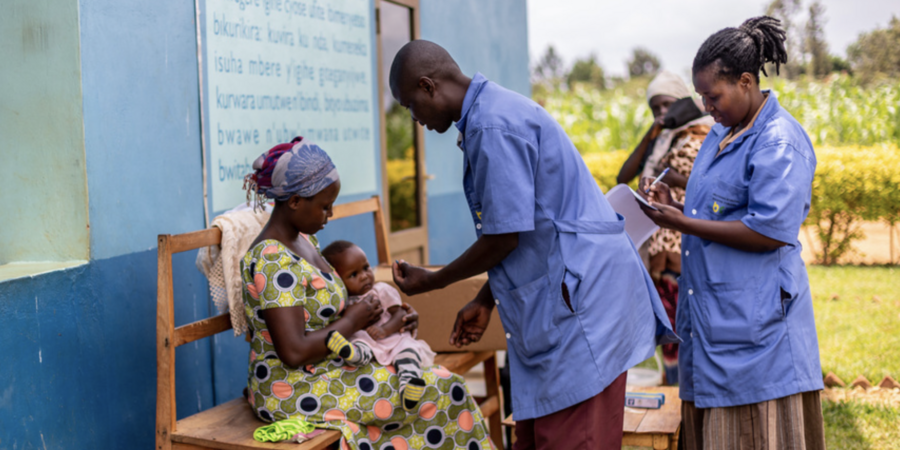
Background
The Care agenda has built important momentum over the last year, as the General Assembly adopted resolution A/RES/77/317 titled “The International Day of Care and Support”, and the Human Rights Council adopted resolution “Centrality of care and support from a human Rights Perspective”. The latest resolution adopted by the ECOSOC (E/RES/2024/4) urged member states Member States to “ensure the creation of enabling environments for promoting care and support systems for social development and implement all measures necessary to ensure the well-being and rights of care recipients and caregivers, to recognize and redistribute care work among individuals, as well as families, communities, the private sector and States, and to contribute to the achievement of gender equality and the empowerment of all women and girls.”
This meeting promoted care and support systems from the foundational pillars of gender equality, human rights, and sustainable development. It sought to articulate good practices and lessons learned about the contribution of care and support systems to ensure the well-being and the rights of care recipients and caregivers through coherent and gender-responsive policies. It also aimed to explore pathways for implementing this agenda based on the ongoing efforts of Member States, the UN System, and relevant stakeholders, and to take concrete steps toward establishing care and support systems that were human rights-based, gender-responsive, disability-inclusive, and age-sensitive.
Objectives
In accordance with ECOSOC resolution E/RES/2024/4, the objectives of the informal intergovernmental interactive dialogue were to:
- Evaluate experiences, good practices, and main challenges concerning the promotion of and investment in care and support systems – Participants discussed past experiences and existing practices in promoting and investing in care and support systems and had an opportunity to react to the UN Policy Paper on Transforming Care Systems.
- Understand contributions of care and support systems to individuals, families, societies, and economies – The discussion aimed to deepen understanding of how care and support systems contributed to the well-being of individuals, the resilience of families, the cohesion of societies, and overall economic prosperity.
- Consider caregivers’ and receivers’ roles and pathways to the care economy – Central to this dialogue was the recognition of the pivotal roles played by caregivers and receivers in care and support systems.
- Discuss the potential of investing in care and support systems to reduce women’s time and income poverty, support women’s labor force participation, and expand employment opportunities in the care sector.
Documentation
Note
Non-governmental organizations in consultative status with the Economic and Social Council are invited to participate, and access to the room is limited on a first come first serve basis.
 Welcome to the United Nations
Welcome to the United Nations 